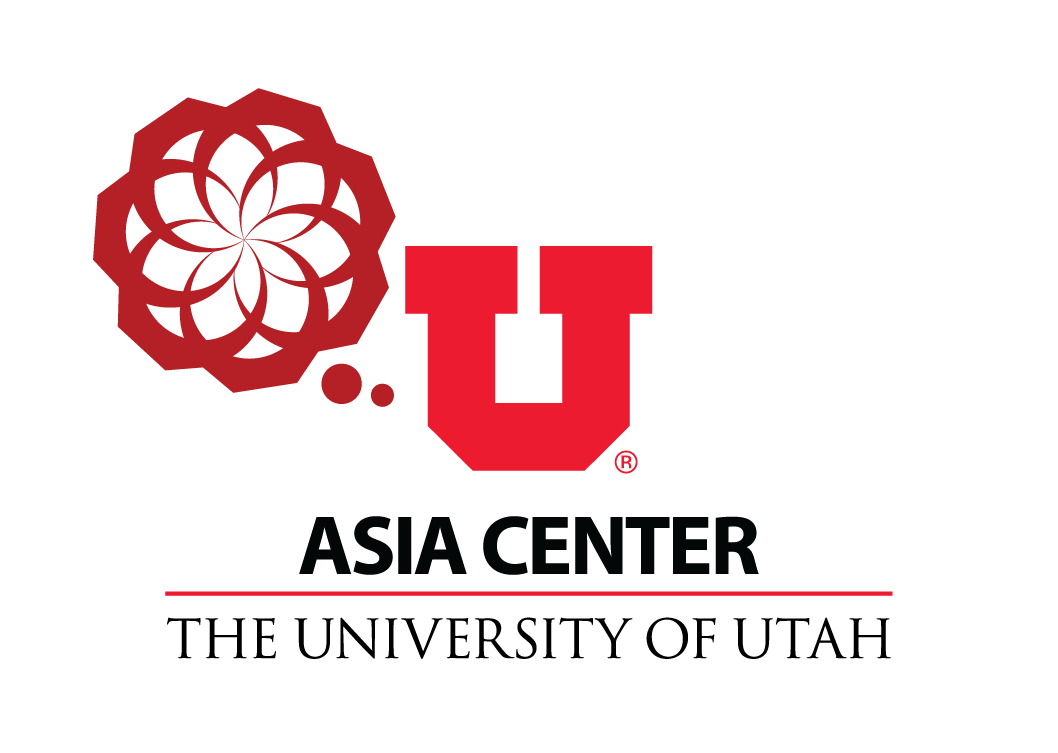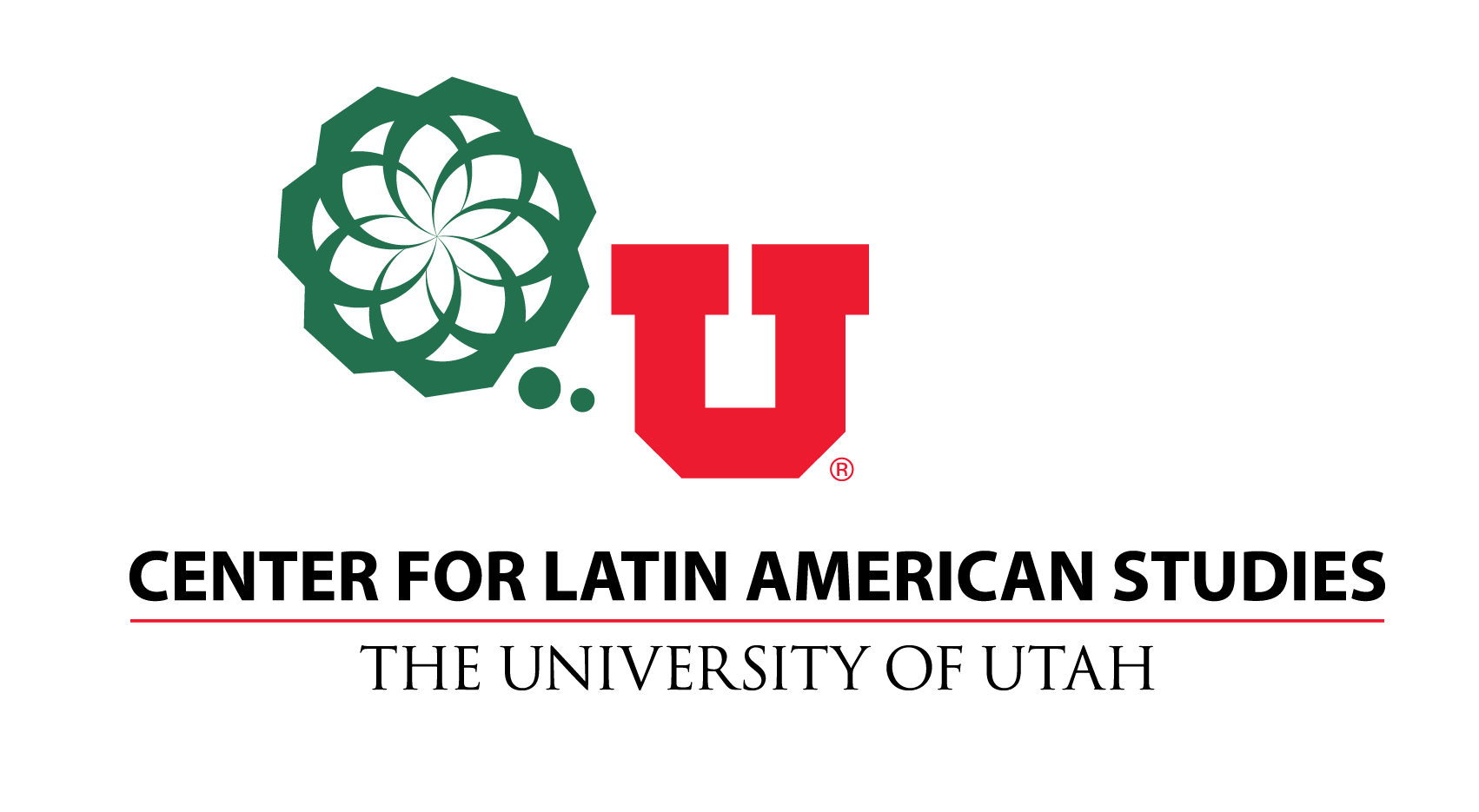2025 AREA STUDIES TEACHING & COLLECTIONS SYMPOSIUM
May 7 @ University of Utah, Salt Lake City
May 8 @ Brigham Young University, Provo
The Area Studies Teaching & Collections Symposium will be held on May 7-8, 2025 – May 7 at the University of Utah’s J. Willard Marriott Library and May 8 at Brigham Young University’s Harold B. Lee Library. The symposium explores ways to build and use area studies collections in higher education. Engage with academic faculty, graduate students, and library professionals across Utah! Hear from scholars specializing in Asian, Latin American, Middle East, Indigenous, and Pasifika Studies. Additional topics include using area studies’ primary source materials in teaching and scholarship and creating inclusive library collections.
Registration for the symposium is now closed.
Please email us with any questions: uu_astcs@lists.utah.edu
|
Agenda |
|
Wednesday, May 7, 2025, at J. Willard Marriott Library, University of Utah (UU), Salt Lake City |
|
|
8:30 AM |
Registration Check-in & Breakfast |
|
9:00 AM |
Opening Remarks |
|
9:20 AM |
"Super-powering Area Studies Collections Through Pop Culture", Mara Thacker, University of Illinois Urbana Champaign |
|
10:35 AM |
Break |
|
10:45 AM |
Two-part Session: |
|
12:00 PM |
Catered Lunch |
|
1:00 PM |
"University of Utah Special Collections, Rare Books, and Fine Arts Exhibition", Rachel Ernst, Lyuba Basin, Luke Leither, University of Utah |
|
2:15 PM |
Break |
|
2:25 PM |
"Indigenous Materials in Libraries and the Curriculum", Kathia Ibacache and Leila Gomez, University of Colorado Boulder and Javier Munoz-Diaz, Farmingdale State College |
|
3:45 PM |
Closing Remarks |
|
4:00 PM |
End |
|
5:00 PM |
Bonus UMFA Tour |
|
Thursday, May 8, 2025, at Harold B. Lee Library, Brigham Young University (BYU), Provo |
|
|
8:30 AM |
Registration Check-in & Breakfast |
|
9:15 AM |
Opening Remarks |
|
9:20 AM |
"Teaching Historical Literacy and Preparing Students for Civic Engagement with Primary Sources", Jeff Nokes, Brigham Young University |
|
10:35 AM |
Break |
|
10:45 AM |
Lightning Talks 1- "De-Centering Knowledge: Interdisciplinary Multi-Media Library from Scratch" Carolina Bloem, Salt Lake Community College 2- "Artists' Books, Special Collections, Teaching, Research and Indigenous Literary Representation at U of U Rare Books & World Languages and Cultural Studies" Isabel Dulfano, University of Utah 3- "Collaborating with Museum of Peoples and Cultures with focus on Pacific Collections" Lynette Finau, Brigham Young University 4- "Focus on Japan from the Lennox Tierney Digital Collection" Marie Paiva, University of Utah 5- "Finding Southeast Asia in Utah Institutional Archives" ShawnaKim Lowey-Ball, University of Utah |
|
12:00 PM |
Catered Lunch |
|
1:00 PM |
"Brigham Young University Special Collections and Rare Books Exhibition", Maggie Kopp, John Murphy, Brigham Young University |
|
2:20 PM |
Break |
|
2:30 PM |
"Building a Graded Reader Collection for Increasing Second Language Proficiency", Jeff Peterson, Brigham Young University |
|
3:45 PM |
Closing Remarks |
|
4:00 PM |
End |
INVITED SPEAKERS
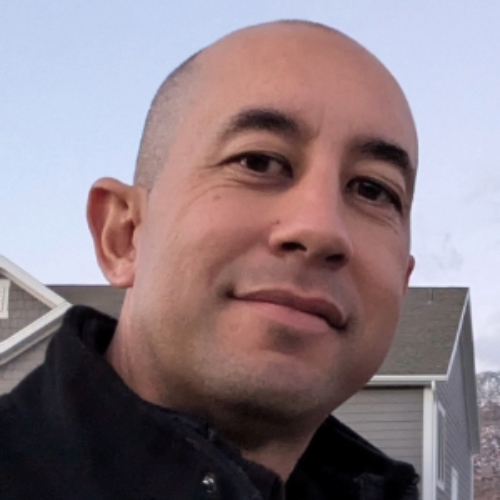
ADRIAN BELL
Associate Professor of Anthropology at the University of Utah
Adrian Viliami Bell (PhD Human Ecology 2011, UC Davis; BS Zoology, MS Integrative Biology, BYU) is associate professor of anthropology at the University of Utah. As an evolutionary anthropologist he studies the effect of migration on cultural evolution. He uses game-theoretic and demographic mathematical models alongside active ethnographic fieldwork in the Kingdom of Tonga and the U.S. to address fundamental questions about the human condition.
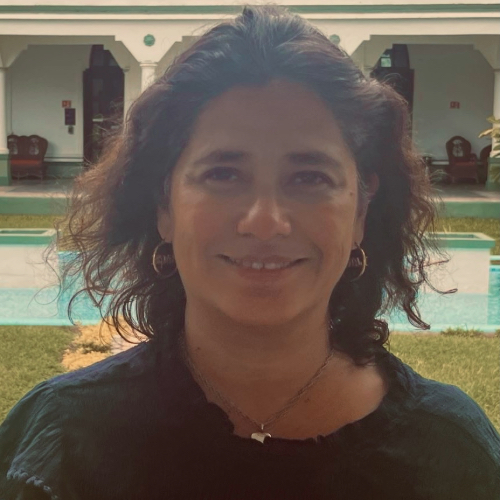
Leila Gómez
Professor, Project Director of the Quechua Program at LALSC, Women and Gender Studies at the University of Colorado Boulder
Dr. Leila Gómez is a Professor in the Department of Women and Gender Studies at CU Boulder. Her research interests include Latin American and Indigenous literature, film and culture in the 19th and 20th centuries, with an emphasis in the Andes, Mexico, Paraguay, and Argentina. She was the Director of the Latin American Studies Center from 2017 to 2023 at CU Boulder. Dr. Gómez’s most recent book is Indigenous Materials in Libraries and the Curriculum Latin American and Latinx Sources (co-author Javier Muñoz and Kathia Ibacache) Routledge 2024.
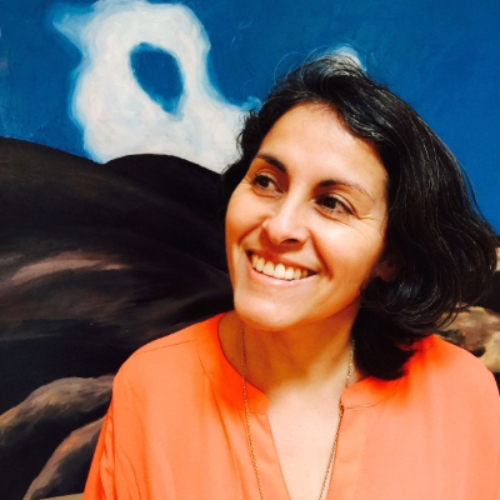
Kathia Ibacache
Associate Professor, Romance Languages Librarian at the University of Colorado Boulder
Kathia Ibacache is the Romance Languages Librarian at the University of Colorado, Boulder. After working for six years in public libraries, building youth collections, and creating programs in Spanish and music, Kathia understands the importance of advocacy, collaboration, and outreach. As a subject specialist, she is interested in advancing collection development with a user-centered approach and focusing on inclusion and diversity. Her research interest encompasses digital accessibility within teaching and learning technologies, collection development, and representing Latin American indigenous language materials in university libraries. Kathia won an IMPART Award in 2019 and is currently an Associate Professor. Kathia holds an MLIS degree from San Jose State University and a Doctor of Musical Arts degree from the University of Southern California.
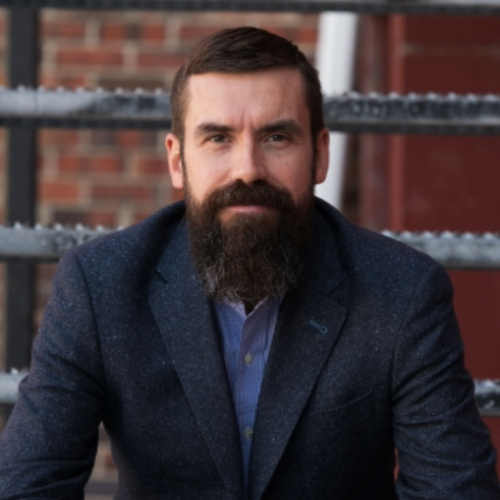
M. CHRISTOPHER LOW
Director of the Middle East Center and Assistant Professor of History at the University of Utah
Michael Christopher Low is Assistant Professor of History, Environmental Humanities Research Professor, and Director of the Middle East Center at the University of Utah. Low received his PhD from Columbia University in 2015 and previously taught at Iowa State University. He is the author of Imperial Mecca: Ottoman Arabia and the Indian Ocean Hajj(Columbia University Press, 2020). In 2021, Imperial Mecca received the Middle East Studies Association’s Albert Hourani Book Award and was shortlisted for the British-Kuwait Friendship Society Book Prize. Imperial Mecca has since been translated into Arabic and Turkish. Low is also co-editor of The Subjects of Ottoman International Law (Indiana University Press, 2020). In 2020-2021, he was a Senior Humanities Fellow for the Study of the Arab World at NYU Abu Dhabi. Low is currently working on a new book, Saltwater Kingdoms: Fossil-Fueled Water and Climate Change in Arabia, under contract with University of California Press. He also serves on the editorial boards of the Journal of Global History and the Middle East Environmental Histories book series from Leiden University Press.
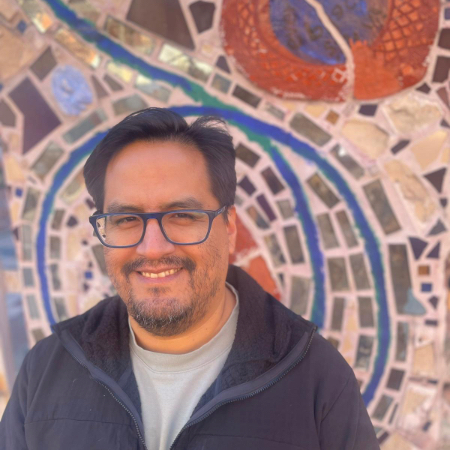
Javier Muñoz-Diaz
Assistant Professor of Modern Languages at Farmingdale State College, State University of New York
Javier Muñoz-Díaz (he/him) is Assistant Professor at SUNY-Farmingdale. His research focuses on Latin American Studies, Indigenous Studies (Quechua/Kichwa), Queer Studies, and Environmental Humanities. He has published research in academic journals such as English Languages Notes, Anthropologica, Letras (Lima), and Revista de Crítica Literaria Latinoamericana. His first book, co-written with Kathia Ibacache and Leila Gómez, is titled Indigenous Materials in Libraries and the Curriculum: Latin American and Latinx Sources (Routledge, 2024).
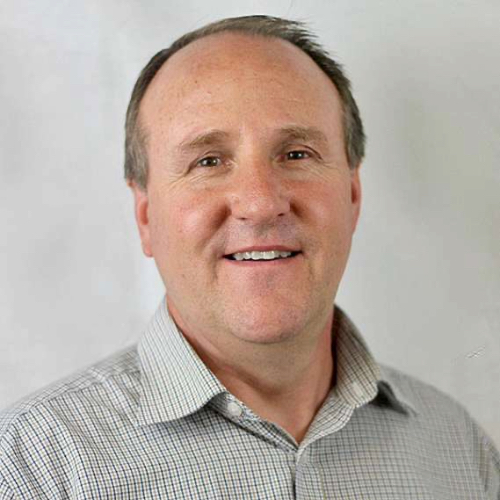
JEFFERY NOKES
Associate Dean of the College of Family, Home, and Social Services at Brigham Young Unversity
Dr. Jeff Nokes is an associate professor in the History Department at Brigham Young University and Associate Dean in the College of Family, Home, and Social Sciences. A former middle school and high school teacher, his research focuses on history teaching and learning. He is the author of Building Students’ Historical Literacies: Learning to Read and Reason with Historical Texts and Evidence and has published several journal articles and book chapters on the topics of historical literacy, literacy instruction, and teacher preparation. He currently teaches a “methods of teaching history and social studies” course, an “explorations of teaching” course, and a course on historical literacy. Dr. Nokes is the 2019 recipient of BYU’s Karl G. Maeser Excellence in Teaching Award, which recognizes faculty members who have demonstrated sustained and clear superiority in teaching.
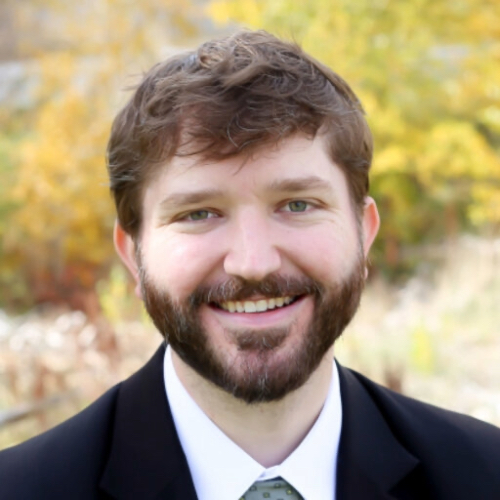
JEFF PETERSON
Assistant Professor of Japanese at Brigham Young University
Jeff Peterson is an Assistant Professor of Japanese in BYU’s Department of Asian and Near Eastern Languages. He has taught Japanese courses across the entire spectrum from beginning to advanced levels. He earned his PhD at Purdue University in Applied Linguistics & Foreign Language Acquisition. His research specializes in Japanese language pedagogy and linguistics and he is especially interested in the role of extensive reading as a tool for increasing foreign language proficiency. Dr. Peterson is the recipient of the 2022 “Hamako Ito Chaplin Memorial Award for Excellence in Japanese Language Teaching” presented by the American Association of Teachers of Japanese and the 2024 recipient of the Utah Foreign Language Association’s “Teacher of the Year Award.
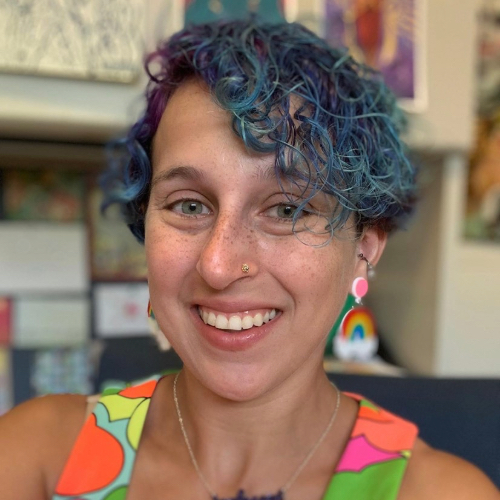
Mara Thacker
Associate Professor of South Asian Studies & Global Popular Culture Librarian at the University of Illinois Urbana Champaign
Mara Thacker is the South Asian Studies & Global Popular Culture Librarian at the University of Illinois Urbana-Champaign. As an Associate Professor, she has cultivated a research agenda on trends in area studies librarianship, focusing on distinctive collections, especially international comics, and public engagement. Mara’s work to build and market one of the largest collections of South Asian comics in a North American research library contributed to her receiving the Library Journal’s Movers & Shakers award in 2017. Mara is also one of the founders and editors-in-chief of the Journal of Library Outreach and Engagement. Mara serves as President of the Comics Studies Society’s Research Librarian Cohort.
PRESENTATIONS
"Super-powering Area Studies Collections Through Pop Culture"
Mara Thacker
Area studies librarianship raises many important ethical and existential questions for the librarians engaged in this work—especially given its roots in European colonial expansion and American imperialism. Yet in an era of global political polarization and heightened geopolitical tensions, it remains more important than ever to collect and make accessible materials from and about other countries and world regions. Beyond supporting teaching and learning, area studies collections are a powerful tool for fostering a sense of belonging and inclusion for international students and community members. Pop culture materials are particularly effective in this regard with ample research further demonstrating their unique power to engage students affectively, provide intrinsic motivation for learning, develop visual and cultural literacy, and build community and empathy between people of different backgrounds. Pop culture can also be a gateway to inspire students to learn more about other languages and cultures. Embedded in this context, my presentation focuses on my project to build the largest collection of South Asian comics in a research library. Using this collection as a lens, we will explore topics like collaborative collection development and the collective collection, different approaches to acquisitions, and the role of marketing, outreach, and engagement activities in making these collections visible and accessible.
“Saltwater Kingdoms: Fossil-Fueled Water and Climate Change in Arabia”
M. Christopher Low
It is an undisputed truism that the story of the twentieth-century Arabian Peninsula is synonymous with oil. And while oil and gas pipelines have rightfully been understood as the infrastructural lifeblood of the region’s meteoric rise, another set of pipelines and processing plants has remained virtually invisible to historians, desalination facilities. Despite this seeming invisibility, all Gulf states have embraced fossil-fueled solutions to address their acute water problems. Thus, instead of petro-states, this lecture argues that we also need to understand Saudi Arabia and its Gulf neighbors as desalination powerhouses or Saltwater Kingdoms. This story traces their dramatic twentieth-century struggle to reverse the flow of Arabian ecology and history. At the same time, it also explores how our climate-altered future poses a new set of existential risks to the region’s system of fossil-fueled water production.
"The Questions (and Collections) that Matter in the Pacific"
Adrian Bell
Early anthropological research in the Pacific centered on questions of origin and movement of First Peoples, while describing social features such as kinship systems, technology, and trade patterns. Today we add questions on how indigenous Pacific peoples have adapted after experiencing various modes and magnitudes of foreign contact, while building an increasingly prominent diaspora population outside the islands. Because the foundation of these research traditions are fundamentally Pacifika topics — migration, technology, kinship ties, and cultural shifts — library and museum collections do well when capturing these topics inside and outside the island groups. I give a few examples from my own empirical work to illustrate.
"University of Utah Special Collections, Rare Books, and Fine Arts Exhibition"
Rachel Ernst, Lyuba Basin, and Luke Leither
This session will feature rare and archival materials from the University of Utah’s Special Collections at the J. Willard Marriott Library that spotlight the histories, cultures, and voices of Asian, Latin American, Middle Eastern, Indigenous, and Pasifika communities. Emphasizing the value of primary sources, we will explore the impact of Special Collections on teaching, research, and expanding global perspectives. In addition, the Katherine W. Dumke Fine Arts & Architecture Library, also within the Marriott Library, invites you to examine and engage with significant items from our collections. This session will feature a curated selection of materials, including traditional schematic drawings of ceremonial Japanese architectural structures, rare ephemera documenting Latin American avant-garde movements, and rare exhibition catalogs from seminal international museum shows.
“Indigenous Materials in Libraries and the Curriculum”
Leila Gómez, Kathia Ibacache, and Javier Muñoz-Diaz
In this presentation, the three authors of the book Indigenous Materials in Libraries and the Curriculum: Latin American and Latinx Sources will discuss the creative process behind this project, its interdisciplinary lens, and the opportunities it brings for promoting diversity, decoloniality, and healing. Indigenous Materials in Libraries and the Curriculum explores how faculty and librarians can collaborate to develop inclusive library collections and curricula by supporting Indigenous peoples’ creative work, language reactivation, and land reclamation. The authors present practices to build and disseminate collections that showcase the work of Indigenous creators from Latin America and compensate for historical erasure and misrepresentation. Consideration is also given to developing a non-hegemonic curriculum in Indigenous languages and cultures for faculty and students from multicultural backgrounds, particularly Latinx students of Indigenous descent. Above all, Indigenous Materials in Libraries and the Curriculum aspires to facilitate the participation of Indigenous peoples in the scholarly conversation to counteract epistemic and material extractivism and transform the scaffolding of higher education in the current global climate crisis.
"Teaching Historical Literacy and Preparing Students for Civic Engagement with Primary Sources"
Jeff Nokes
Historians display unique skills and dispositions as they work with primary source evidence to explore historical events. These skills and dispositions, with nuanced adjustments, are also useful in informed civic engagement. Research is starting to show how the thoughtful curation of primary sources and the teaching of skills and dispositions can deepen students’ engagement in historical inquiry and prepare them for civil and informed civic engagement.
"Brigham Young University Special Collections and Rare Books Exhibition"
Maggie Kopp and John Murphy
Curators from the BYU Library’s L. Tom Perry Special Collections will highlight rare books, manuscripts, and archival material which provide in-depth teaching and research opportunities in Asian Studies. Attendees will be able to engage with significant collection material, including photographs, books, woodblock prints, and manuscripts from the collection of journalist Helen Foster Snow; Mandarin squares; Communist propaganda leaflets; and Japanese rare books and scrolls from the collection of Harry M. Bruning.
"Building a Graded Reader Collection for Increasing Second Language Proficiency"
Jeff Peterson
This session will introduce participants to the 10 principles of extensive or pleasure reading—an approach to teaching reading in which learners read copious amounts of easy, self-selected material for pleasure in a relaxed environment. Drawing on his own experience, the presenter will discuss the successful implementation of extensive reading (ER) and his research, which further expounds on its benefits for language acquisition. The presentation will also explore the process of creating a collection of Japanese language graded readers and ER-appropriate materials, highlighting the importance of cross-departmental collaboration in building an ER collection.



